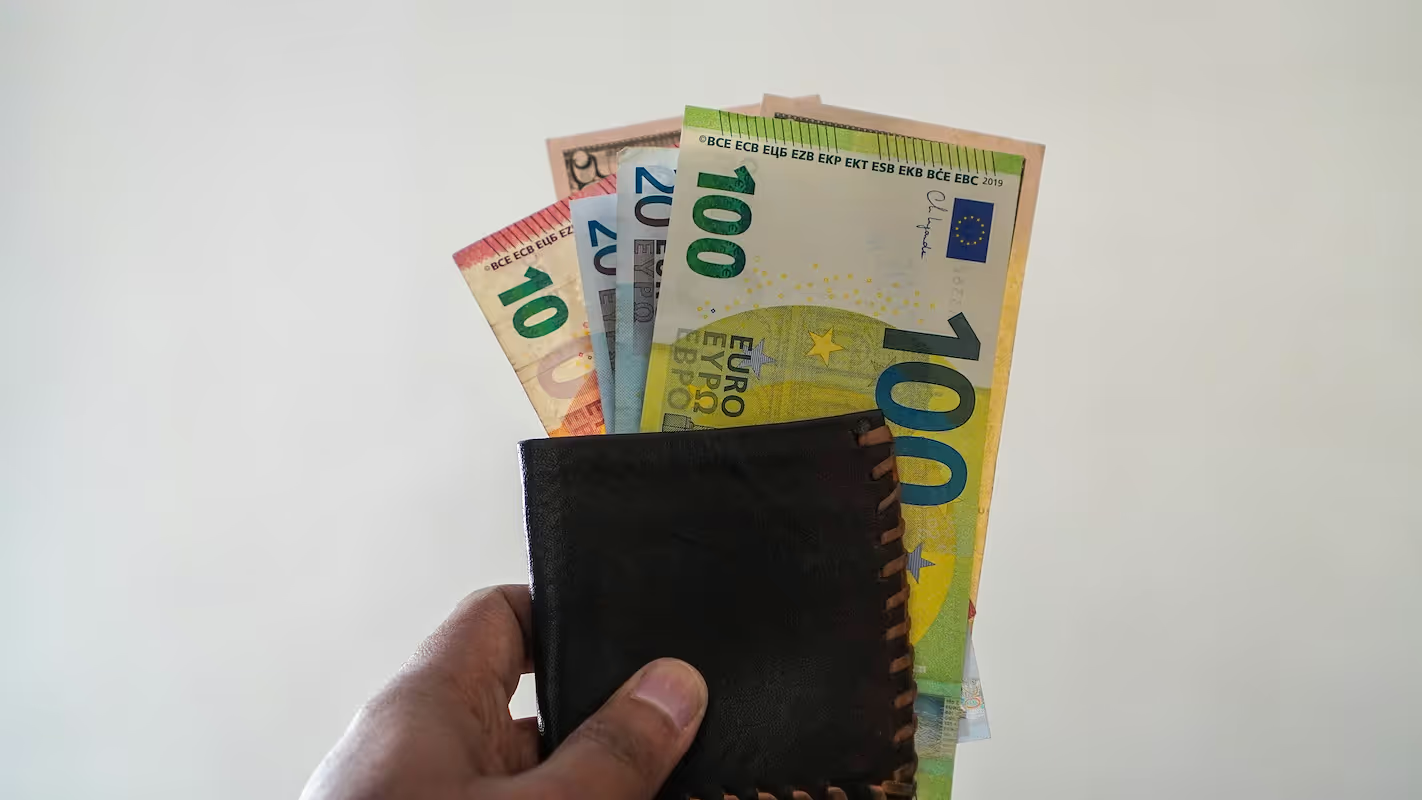
Kudos has partnered with CardRatings and Red Ventures for our coverage of credit card products. Kudos, CardRatings, and Red Ventures may receive a commission from card issuers. Kudos may receive commission from card issuers. Some of the card offers that appear on Kudos are from advertisers and may impact how and where card products appear on the site. Kudos tries to include as many card companies and offers as we are aware of, including offers from issuers that don't pay us, but we may not cover all card companies or all available card offers. You don't have to use our links, but we're grateful when you do!
Does Owing Money To CRA Affect Your Credit Score?
July 1, 2025


Quick Answers
The Canada Revenue Agency (CRA) does not report tax debt directly to credit bureaus, so owing taxes by itself will not affect your credit score.
However, if the CRA takes legal action to collect unpaid taxes, it can register a tax lien against your assets, which is a public record.
Credit bureaus can pick up this public information, and a tax lien on your credit report will significantly lower your score and impede access to future credit.
What Does It Mean to Owe Money to the CRA?
Owing money to the Canada Revenue Agency (CRA) means you have an outstanding tax liability with the federal government. This situation can arise from various circumstances, such as underpaying your income tax, failing to remit GST/HST collections, or having overdue payroll deductions. Essentially, it is a legal debt that must be settled to bring your tax accounts into good standing.
A CRA debt does not automatically impact your credit score, as the agency does not report directly to credit bureaus like Equifax or TransUnion. However, it can indirectly affect your credit if the CRA pursues legal collection actions, like registering a lien on your assets. This legal action becomes public information, which credit bureaus can then add to your credit file.
How Owing Money to the CRA Can Affect Your Credit Score
Many Canadians wonder if a tax debt impacts their credit score. While the CRA doesn't directly report to credit bureaus, unpaid tax debt can escalate and eventually damage your credit significantly.
- Initial Debt Incurred: When you owe taxes, the debt is initially a private matter between you and the CRA. At this stage, it does not appear on your credit report with Equifax or TransUnion.
- CRA Collection Process Begins: If the debt remains unpaid, the CRA will initiate collection actions, such as sending letters and making phone calls. These internal collection efforts still do not affect your credit score.
- Legal Action and Court Certification: If you fail to pay or make arrangements, the CRA can take legal action. They can certify your debt with the Federal Court of Canada, which effectively turns your tax debt into a legal judgment.
- Public Record Reporting: Once the debt is certified in court, it becomes a matter of public record. Credit reporting agencies actively monitor these public records and will add the judgment to your credit file.
- Credit Score Damage: The court judgment is a significant negative item on your credit report. It can severely lower your credit score for several years, making it difficult to obtain new loans or mortgages.
How Much Will Owing Money to the CRA Affect Your Credit Score?
The Canada Revenue Agency (CRA) doesn't report directly to credit bureaus like Equifax and TransUnion. However, the collection actions they can take for unpaid taxes can certainly impact your credit score.
- Federal Tax Lien. The CRA can place a lien on your property for unpaid taxes, making it public record. Credit bureaus can pick up this information, which will negatively affect your credit score and ability to borrow.
- Court Judgments. If the CRA takes legal action and obtains a court judgment against you, this will appear on your credit report. This is a significant negative event that will severely damage your credit rating.
How You Can Avoid Owing Money to CRA Affecting Your Credit Score
File Your Taxes on Time
Filing your tax return by the deadline is a critical first step, even if you can't pay the full balance. This action helps you avoid late-filing penalties. The CRA typically only reports tax debt to credit bureaus if it escalates to legal action or collections.
Arrange a Payment Plan
If you cannot pay your tax bill, proactively contact the CRA to set up a payment arrangement. Establishing a formal plan demonstrates your commitment to settling the debt and can prevent the CRA from taking more serious collection measures that would impact your credit history.
Ways to Improve Your Credit Score
Improving your credit score is an achievable goal that relies on consistent, positive financial behavior. According to one expert guide, most people can see meaningful changes within three to six months by following proven strategies.
- Establish Automatic Bill Payments: Since on-time payments are the most significant factor in your score, setting up automatic payments ensures you never miss a due date.
- Reduce Your Credit Utilization Ratio: Aim to keep your credit utilization below 30% by paying down balances or requesting credit limit increases.
- Monitor Your Credit Reports: Regularly obtain free reports from all three major bureaus to identify and dispute inaccuracies that could be harming your score.
- Become an Authorized User: You can be added to someone else's credit card account that has a strong payment history, which can help build your own credit profile.
- Limit Hard Inquiries: Avoid applying for too much new credit at once, as multiple hard inquiries can temporarily lower your score.
- Diversify Your Credit Mix: Lenders like to see that you can responsibly manage different types of credit, such as credit cards and installment loans.
The Bottom Line
While tax debt owed to the CRA is not typically reported to credit bureaus, legal actions taken to collect that debt can appear on your credit report and negatively impact your score.
Frequently Asked Questions
Does owing the CRA directly affect my credit score?
No, the Canada Revenue Agency (CRA) does not report tax debt to credit bureaus like Equifax or TransUnion, so it won't appear on your report.
When can CRA debt show up on my credit report?
CRA debt can appear on your credit report only if the CRA obtains a court judgment against you for the unpaid amount and registers it publicly.
How can I resolve CRA debt to protect my credit?
You can arrange a payment plan, apply for taxpayer relief, or file a consumer proposal or bankruptcy to manage the debt and prevent legal action.
Unlock your extra benefits when you become a Kudos member

Turn your online shopping into even more rewards

Join over 400,000 members simplifying their finances

Editorial Disclosure: Opinions expressed here are those of Kudos alone, not those of any bank, credit card issuer, hotel, airline, or other entity. This content has not been reviewed, approved or otherwise endorsed by any of the entities included within the post.



































.webp)







